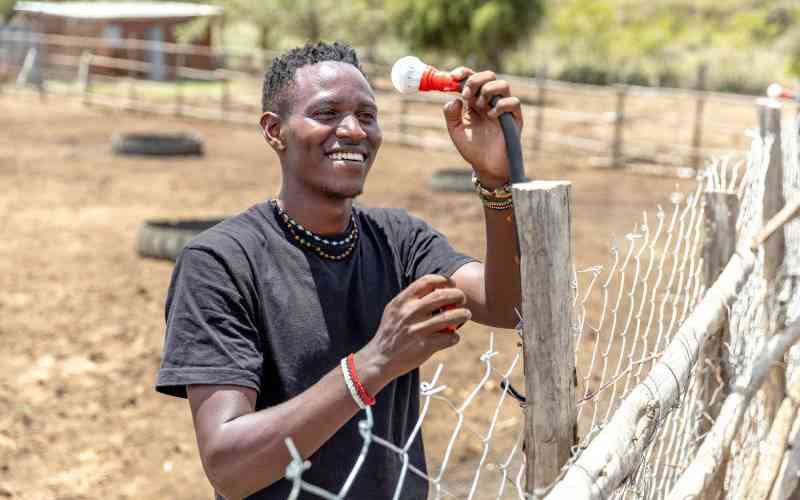×
The Standard e-Paper
Home To Bold Columnists

This past week, government ministers, policy leaders and conservationists convened in Nairobi for the inaugural Africa Climate Summit 2023.
It was an historic moment and an opportunity to show African nations, her people and landscapes have many of the solutions the world needs to address the climate crisis.